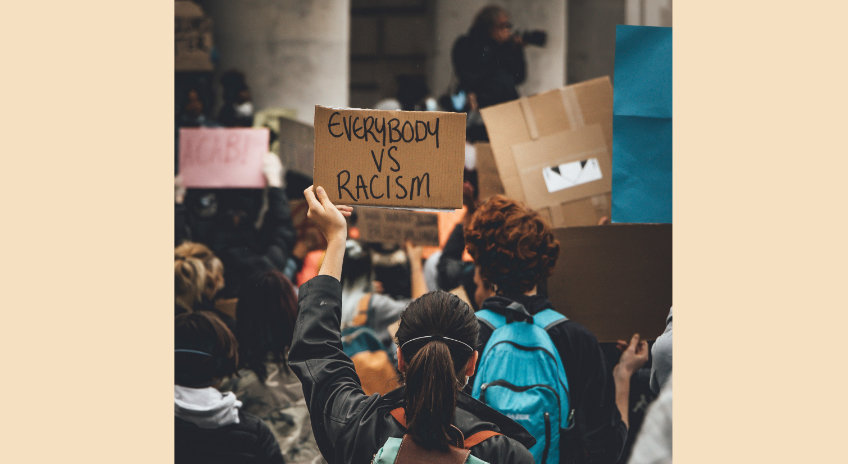
Examining Prospective Jurors
The Sensitivities of Probing for Racial Bias
The Sixth Amendment to the United States Constitution guarantees criminal defendants the right to have their guilt decided by an impartial jury. The complication to this right is that the information used to assess impartiality must be requested from prospective jurors themselves during voir dire. Criminal justice reform advocates spotlight racial disparities in court outcomes, yet prospective jurors are rarely asked questions about their own potential racism. In this project, we ask how courts are able to assess jurors’ racial biases if such inquiries are taboo and avoided? Using the sociological methodology of conversation analysis, this paper analyzes a collection of questions about race asked by court officials to prospective jurors during four actual criminal trials. Our argument is that both court officials—judges and attorneys—and prospective jurors each have to navigate conflicting social norms and expectations. For officials, they must balance exercising due diligence with avoiding inquiries that would offend. For jurors, the tension is between the legal expectation to answer truthfully and providing a socially desirable response that racism does not affect their impartiality. We find that while questions focusing on racial prejudice do not occur often, the topic does emerge as an indirect concern in questioning episodes. Our analysis uses interactional theory to explain how the different courtroom actors navigate discussing a contentious topic. From this analysis, we craft recommendations for facilitating discussions of contentious topics during jury selection. The intended scientific output of this project is a peer-reviewed publication for a general audience.
| Outcome: | peer-reviewed journal articles |
|---|---|
| Research focus: | IV. Other Projects |
| Time frame: | 2022–2023 |
| Project language: | English |
| Project status: | completed |
| Photo: | © Arthur Edelmans/Unsplash |









